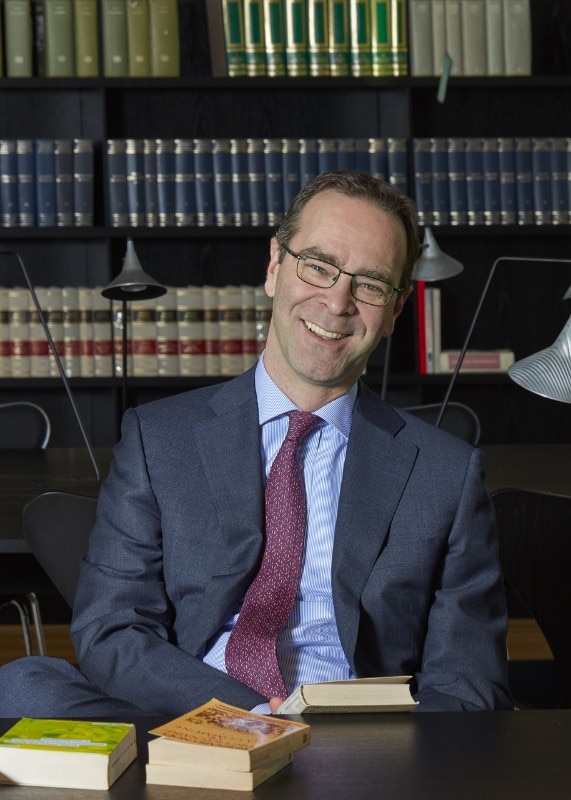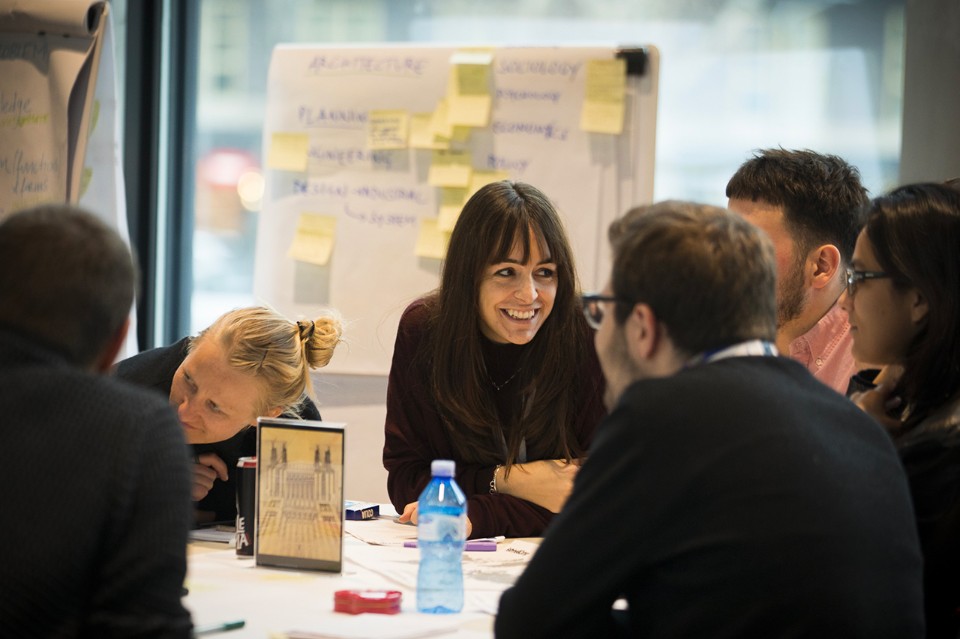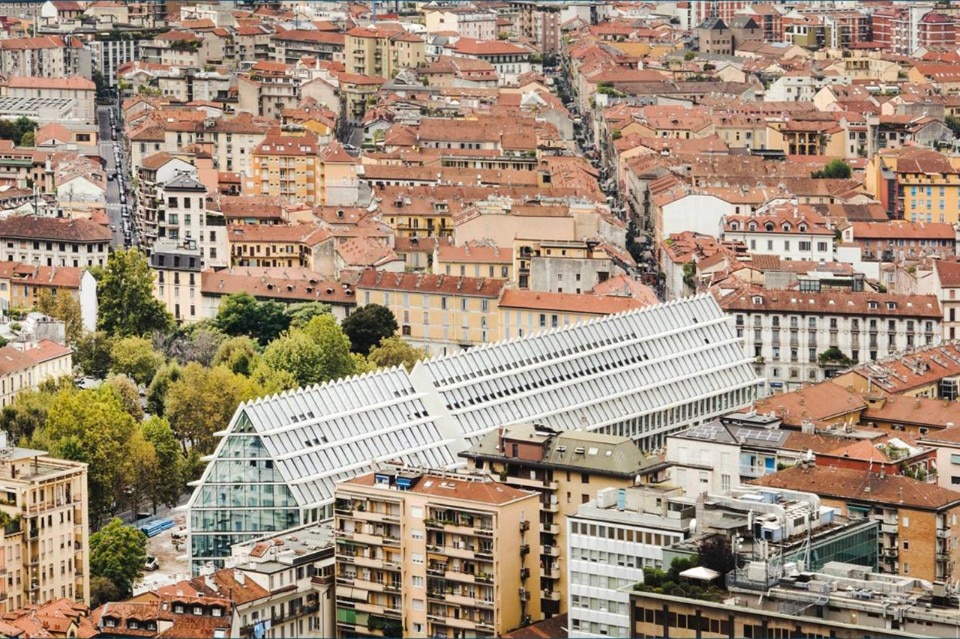“The concept of the periphery needs to be exorcised and superseded.” Massimiliano Tarantino, the Feltrinelli Foundation’s Secretary General, explains About a City. Held as part of Milan Arch Week from 24 to 27 May, the event will present four days of lectures, talks, debates, spectacles and screenings on the theme Places, Ideas and Rights for 2030 Citizens. According to Tarantino, we need to rid ourselves of a burden: the concept of the periphery. “We have to relocate to recentre, filling the theatres of outer-city areas,” he explains. The theme of About a City is the citizen of the future. “This is an event that photographs the city in a complex way.” Complex and not one-sided: it is not just about architecture, politics or the academy. Hence its scientific committee has members who ensure it gives an all-round picture: the archaeologist and art historian Salvatore Settis, architect and urban planner Stefano Boeri and sociologist and economist Mauro Magatti. About a City combines the best of academic thinking and delivers it to the people. It will open on Thursday 24 with a conversation between Jacques Herzog and Stefano Boeri.

Feltrinelli’s secretary general quotes Herzog: “Architecture is architecture, and architects have to interpret the needs of the people who live in cities.” The lecture was anticipated by a closed-door multi-stakeholder session for work groups, which reflected on the topic during the Feltrinelli Camp: during two days of workshops, 100 researchers from across Europe spent 16 and 17 February discussing the theme of urban studies. The invitation issued by the secretary of the Feltrinelli Foundation – who says he has “invested emotionally” in the project – is addressed to politics. “It needs to forget about the rhetoric of listening, and adopt two approaches: really listening to communities and making use of competencies.” And communities, for their part, “have to react with pride: more solutions should come from the grass roots.” For this reason the programme has scheduled a discussion on the outer city. On the morning of Sunday 27 May, the topic to be discussed will be: “Practices of places: signs of community beyond the peripheries, for a future city that learns” as part of the Adolescence of Cities project and in collaboration with SUPER: The Festival of the Peripheries. At 6.30pm, the Milanese writer Alberto Rollo will host an encounter devoted to the historical reconstruction and transformation of the city of Milan.

Migration flows are also on the agenda: “a city like Milan is multi-racial, international. Skills and values count, not geographical origins or religious faith.” And for this reason politics needs to be “liquid, in a very secular way. It should be able to rise above strictly regional needs.” Hence the programme on Friday 25 May opens with reflection on inclusive and democratic forms of urbanity that will ensure access to civic life and citizenship. At 10am the topic will be explored by Oren Yiftachel, professor of political geography at Ben Gurion University in Israel, and Andreas Philippopoulos-Mihalopoulos, director of the Westminster Law & Theory Lab in London. A lecture by Salvatore Settis at 12.15 will wrap up the morning’s work. In the city of the future there will be no shortage of technologies. Massimiliamo Tarantino sees them as “extraordinarily empowering because they enable and facilitate the integration of some groups into society, such as the over 60s.” The whole programme is on the website of the Feltrinellli Foundation. Each evening ends with music, cinema or theatre. This is because, as the secretary observes, “there is no high culture or low culture, but useful culture that is more than just entertainment.”
- Title:
- About a city. Places, ideas and rights for 2030 citizens
- Curatators:
- Salvatore Settis, Stefano Boeri, Mauro Magatti
- Location:
- Fondazione Feltrinelli, Milano
- Program:
- http://fondazionefeltrinelli.it




